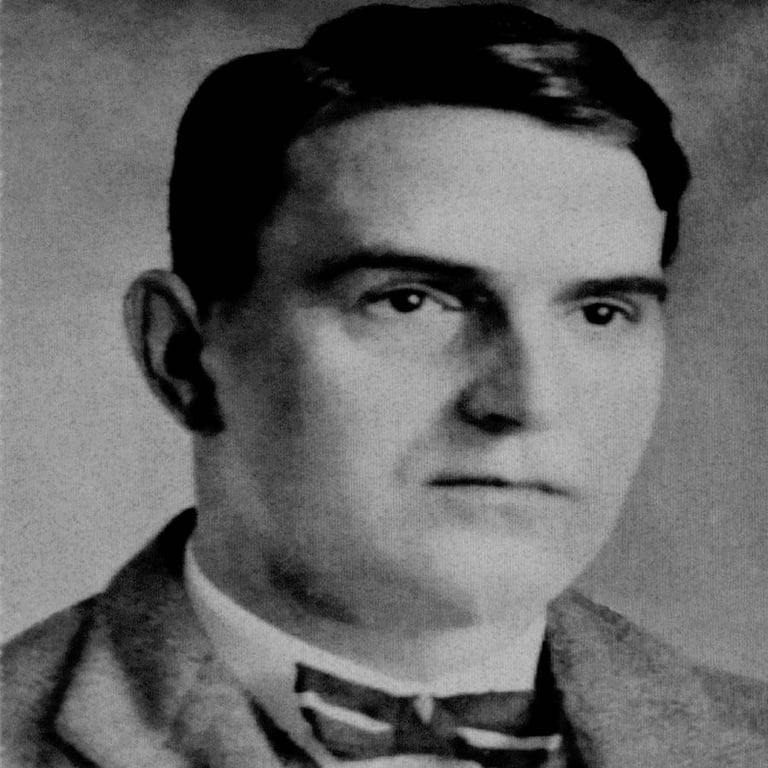Frank Hodges
Frank Hodges was born in Wollaston, Gloucestershire in 1887 and was the son of Louisa and Thomas Hodges a liberal non-conformist farming family. He was one of six sons which included brother Richard Hodges (1890-1959) who went on to establish Newbold Haulage Co.
Following the agricultural depression, Thomas Hodges moved his family to Abertillery in Monmouthshire to seek work down the mine. Frank left school at 13 years old and followed his father down the mine. He worked underground as a trapper and a hewer for eight years. Frank was a bright young man and took an interest in union matters and became a union leader. He went to Oxford University at the age of twenty two (1909) but did not complete his studies.
In Sept 1911, Frank married Henrietta Carter. In 1923, aged 36 he became Labour MP for Lichfield. Unfortunately for Hodges, he was voted out of parliament the following year but in his short time as an MP, he had become Civil Lord of the Admiralty. With his political career ending so quickly, Frank went back into the trade union movement and became Secretary of the International Miners Federation from 1925. He held this position until 1927. Frank had clearly impressed people in authority and in 1927 he was appointed as a Director in the Bank of England. In 1930 he was directed by the Bank to look into the financial problems of New Lount colliery in Leicestershire. Very soon afterwards he was appointed Chairman of the Leicestershire Colliery and Pipe Company Ltd to oversee New Lount Colliery.


Frank Hodges was an entrepreneur, seeking opportunity wherever he could. In 1933, he formed Newbold Brick Company Ltd and he also became a director of Newbold Haulage Company, owned by his brother, Richard Hodges. Frank Hodges is credited with bringing modern technology to New Lount Colliery and Newbold village. He opened pit head baths to the mine in 1930, the first pit-baths in Leicestershire. He brought electricity to the village long before many other villages saw electric lights and street lamps. He built the Hodges Houses which line both School Lane and Ashby Road to house workers (mainly management) and he also built the Newbold Club, a working men’s club on School Lane. The club was used by workers from the colliery, pipeyard and brick works.
Although some of his relatives lived in Newbold, Frank Hodges lived at Rotherwood House in Ashby De La Zouch. Frank Hodges was considered by many to be a good business man who looked after his workers and their families. However, there were some who were not so complimentary. Frank Hodges was accused of being a poacher turned gamekeeper (Davies, 2006) and of being only interested in profits from his numerous companies.
Frank Hodges died from a heart condition in 1947. He left £132,959 in his will.


